Artista: Raphael (Raffaello Sanzio Da Urbino)
Estilo: Renaissance
Técnica: Oil
The Liberation of St Peter is a fresco painting by the Italian High Renaissance artist Raphael and his assistant Giulio Romano. It was painted in 1514 as part of Raphael's commission to decorate with frescoes the rooms that are now known as the Stanze di Raffaello, in the Apostolic Palace in the Vatican. It is located in the Stanza di Eliodoro, which is named after The Expulsion of Heliodorus from the Temple. The painting shows how Saint Peter was liberated from Herod's prison by an angel, as described in Acts 12. It is technically an overdoor, probably the most majestic ever painted. The fresco shows three scenes. In the centre the angel wakes Peter, and on the right guides him past the sleeping guards. On the left side one guard has apparently noticed the light generated by the angel and wakes a comrade, pointing up to the illumined cell. This adds drama, though what follows from it is unclear.
Artista |
|
|---|---|
baixar |
|
permissões |
Grátis para uso não comercial. Ver abaixo. |
Raphael (Raffaello Sanzio Da Urbino) – Obras de arte mais vistos
|
This image (or other media file) is in the public domain because its copyright has expired. However - you may not use this image for commercial purposes and you may not alter the image or remove the watermark. This applies to the United States, Canada, the European Union and those countries with a copyright term of life of the author plus 70 years.
|
![WikiOO.org - Enciclopédia das Belas Artes - Pintura, Arte por Raphael (Raffaello Sanzio Da Urbino) - Stanze Vaticane - The Liberation of St Peter (detail) [01] WikiOO.org - Enciclopédia das Belas Artes - Pintura, Arte por Raphael (Raffaello Sanzio Da Urbino) - Stanze Vaticane - The Liberation of St Peter (detail) [01]](https://img.wikioo.org/ADC/art.nsf/get_large_image?Open&ra=5ZKE9S)




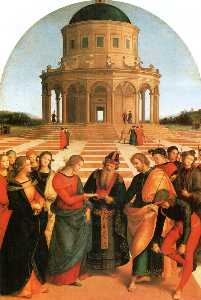
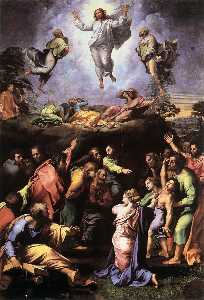


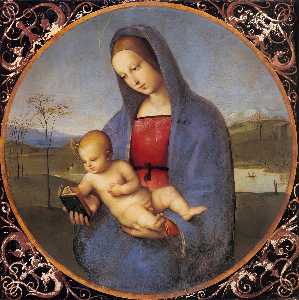

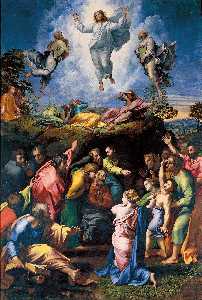

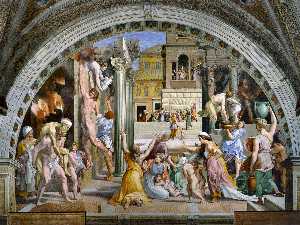
![Stanze Vaticane - The Fire in the Borgo (detail) [01] Stanze Vaticane - The Fire in the Borgo (detail) [01]](https://img.wikioo.org/ADC/art.nsf/get_small_image?Open&ra=5ZKE9P)
 Note that a few countries have copyright terms longer than 70 years: Mexico has 100 years, Colombia has 80 years, and Guatemala and Samoa have 75 years. This image may
not be in the public domain in these countries, which moreover do not implement the
Note that a few countries have copyright terms longer than 70 years: Mexico has 100 years, Colombia has 80 years, and Guatemala and Samoa have 75 years. This image may
not be in the public domain in these countries, which moreover do not implement the